T4K3.news
Discovery of 75,000-year-old animal remains in Norway
Scientists find ancient bones in a cave, offering new insights on Arctic climate change adaptation.
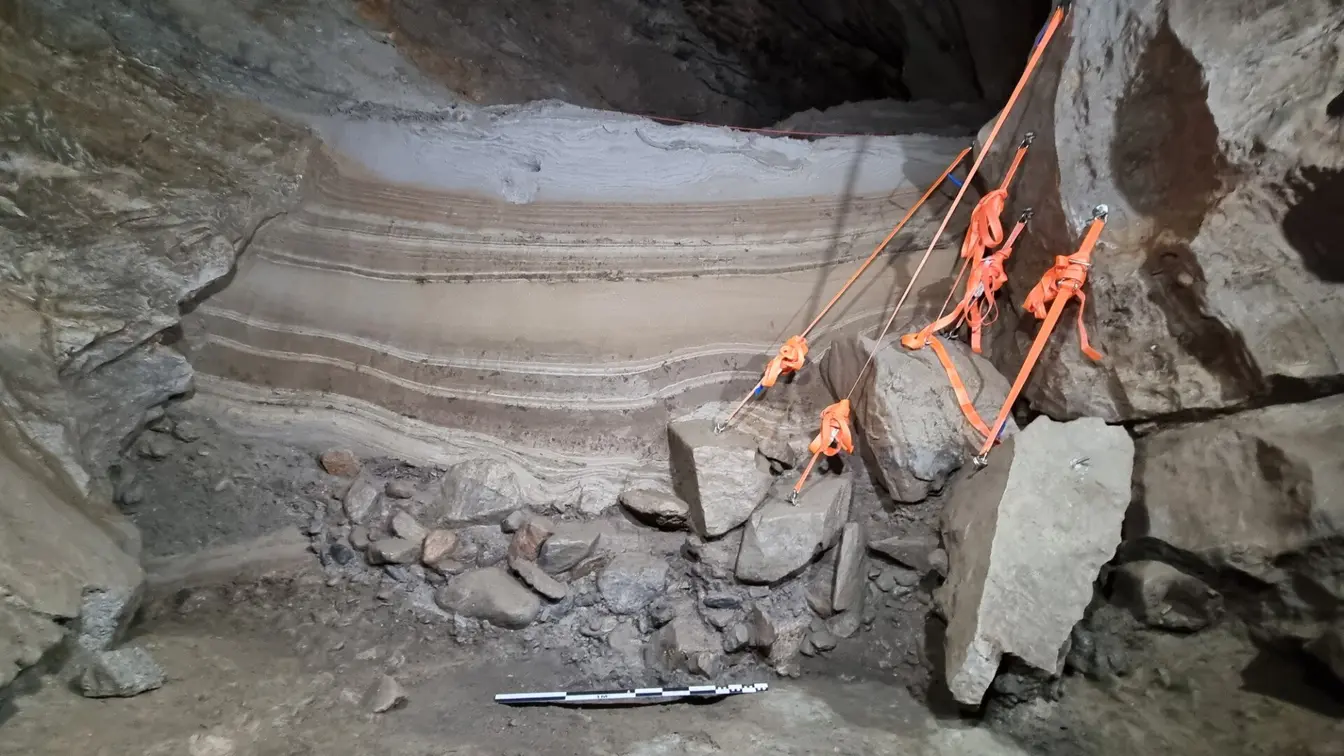
A groundbreaking discovery in Norway sheds light on ancient Arctic ecosystems and climate response.
Ancient Arctic remains reveal insights into climate impacts
Scientists in Norway have discovered the remains of an entire animal community that lived 75,000 years ago in the Arctic. Excavated from a cave in Northern Norway, the bones of 46 animal species, including polar bears, walruses, and extinct collared lemmings, represent the oldest known community from this region during a warmer period of the last ice age. The findings, published in the Proceedings of the National Academy of Sciences, aim to enhance understanding of how ancient wildlife adapted to drastic climate changes, offering valuable lessons for modern conservation efforts.
Key Takeaways
"These discoveries provide a rare snapshot of a vanished Arctic world."
Dr. Sam Walker emphasizes the unique insights gained from the ancient remains.
"Cold-adapted species struggled to cope with colder periods in the past."
Professor Sanne Boessenkool warns of the challenges for these species in a warming climate.
This significant uncovering reflects not only the biodiversity of past Arctic ecosystems but also serves as a stark reminder of the vulnerabilities faced by cold-adapted species today. As current climatic shifts occur at an unprecedented pace, the lessons learned from this ancient community could inform conservation strategies for species that struggle to adapt. The complex interplay between ecology and climate change underscores the fragility of Arctic habitats, making the study both relevant and urgent in today's context.
Highlights
- Ancient remains provide a snapshot of Arctic resilience.
- Cold-adapted species face new challenges with climate change.
- Lessons from the past can guide future conservation efforts.
- The struggle for survival is not just a modern issue.
Vulnerabilities of Arctic species under climate change
The findings highlight the potential extinction risks faced by cold-adapted species as climate conditions shift more rapidly than they may adapt.
The lessons from the past may shape conservation strategies for the future.
Enjoyed this? Let your friends know!
Related News
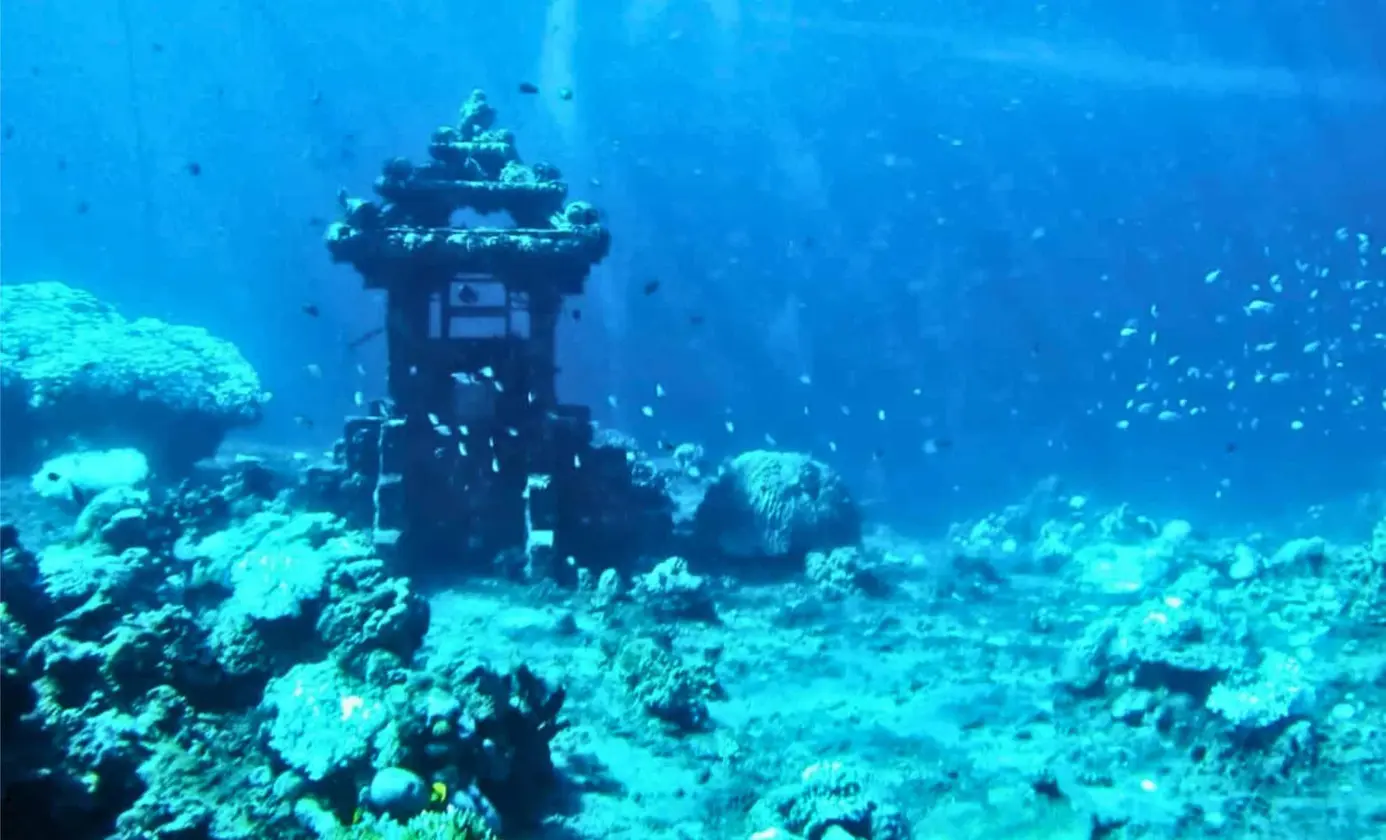
Ancient fossils discovered in Indonesian Sea
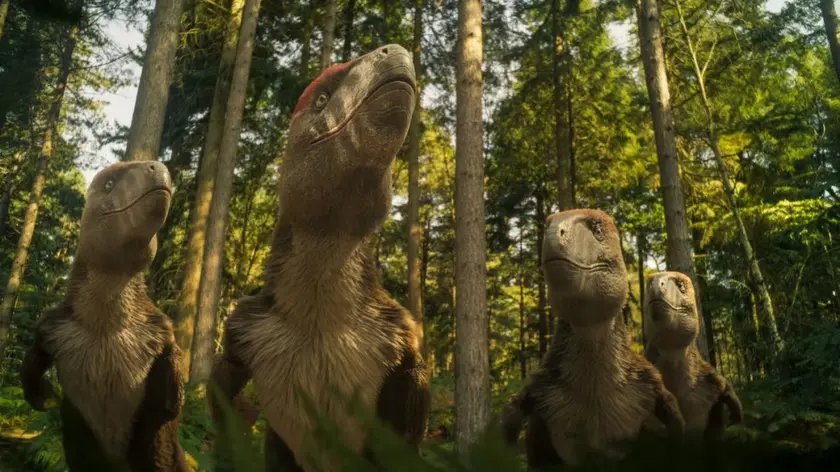
Dinosaur Movies and Documentaries Explore Our Fascination

Ancient Mishkan structure potentially discovered at Tel Shiloh
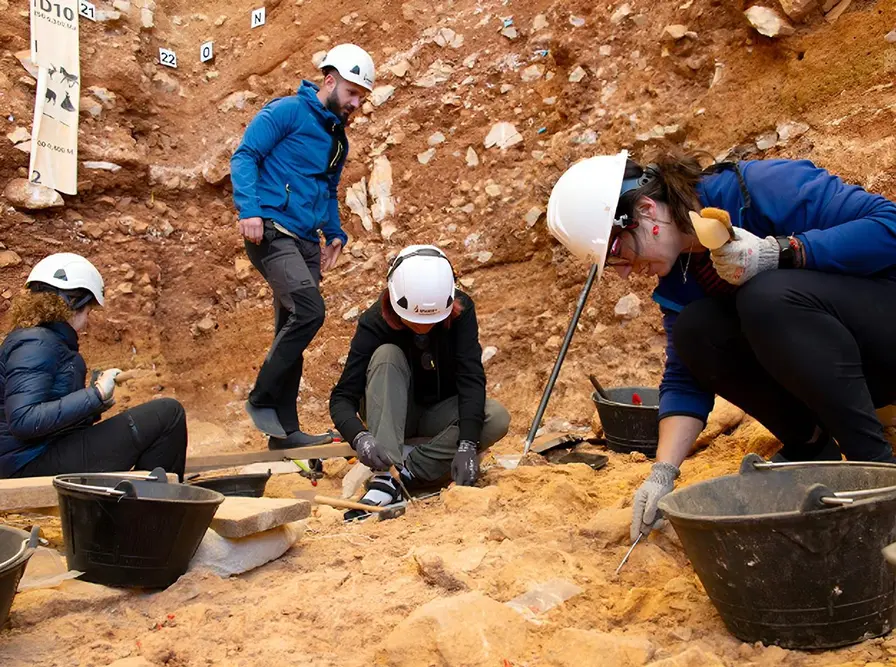
New evidence reveals ancient human cannibalism in Spain
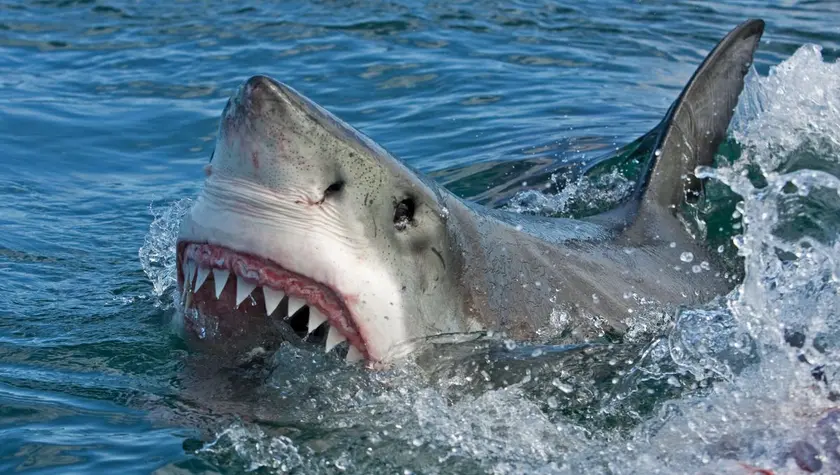
Great White Shark Genetics Deepens Mystery

Utility workers discover ancient pre-Incan tomb in Peru
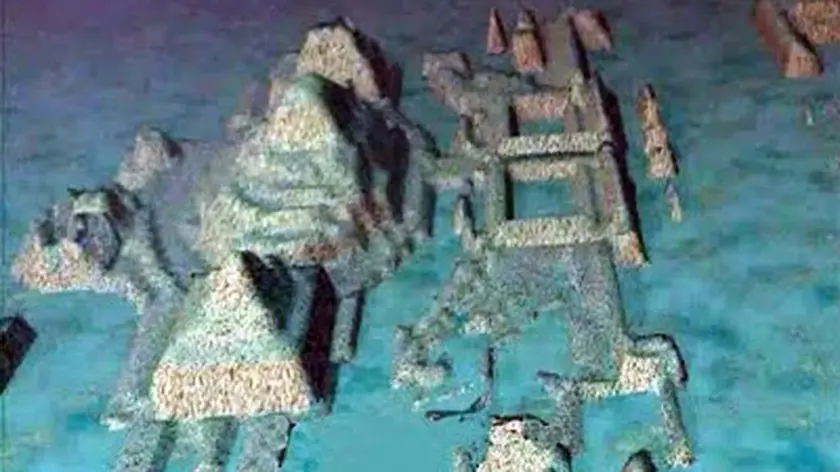
Ancient underwater city discovery raises historical debates
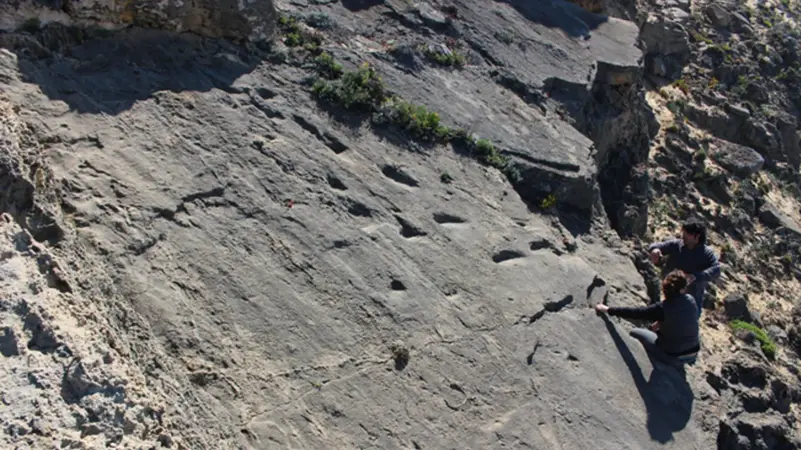
Neanderthal footprints found in Portugal
